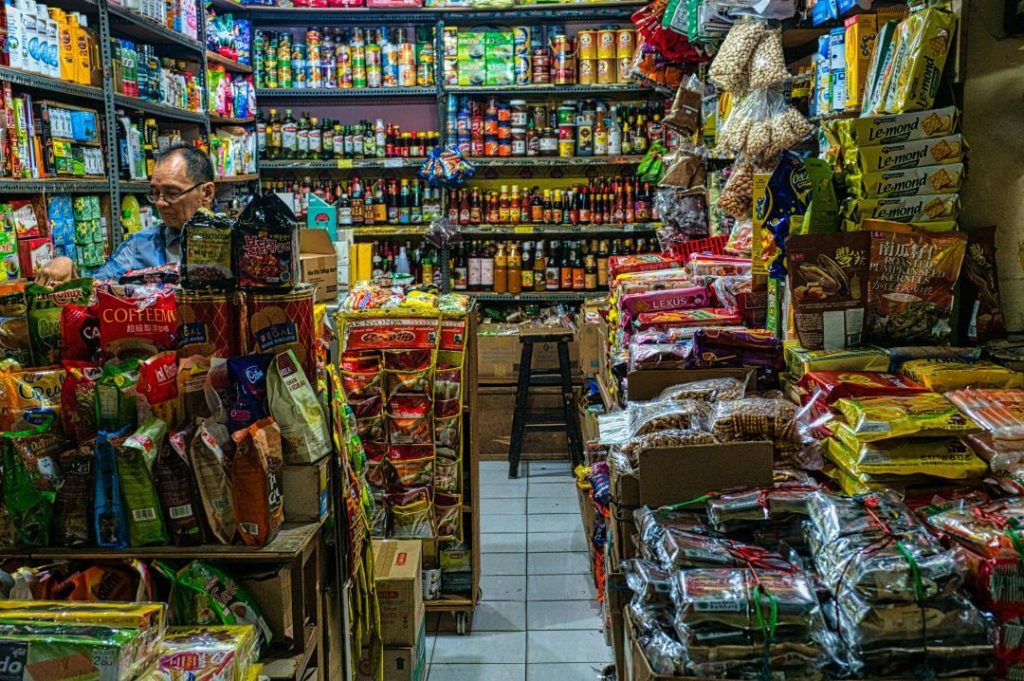
New Study Shows Ultra-Processed Foods May Raise Cancer Risk
In recent years, the term “ultra-processed foods” has become increasingly synonymous with unhealthy eating habits. These foods, which include sugary drinks, packaged snacks, and ready meals, have been linked to a myriad of health problems, including obesity, type 2 diabetes, and heart disease. Now, a new study published in the Cancer journal has added yet another concern to the list: an increased risk of cancer.
The study, which analyzed data from over 100,000 participants, found that those who consumed higher amounts of ultra-processed foods had a significantly higher risk of developing colorectal and breast cancers. The researchers behind the study point to three main factors that may contribute to this increased risk: additives, packaging chemicals, and poor nutrition.
What are Ultra-Processed Foods?
Before diving into the study’s findings, it’s essential to understand what ultra-processed foods are. These foods are those that have undergone significant processing and are often high in added sugars, salt, and unhealthy fats. Examples of ultra-processed foods include:
- Sugary drinks like soda and sports drinks
- Packaged snacks like chips and crackers
- Ready meals like frozen dinners and TV dinners
- Baked goods like pastries and cakes
- Processed meats like hot dogs and sausages
The Study’s Findings
The study, which was conducted by a team of researchers from the French National Institute for Health and Medical Research (INSERM), analyzed data from over 100,000 participants who were followed for an average of 10 years. The researchers used a standardized questionnaire to assess participants’ dietary habits, including their consumption of ultra-processed foods.
The results showed that for every 10% increase in ultra-processed food consumption, the risk of developing colorectal cancer increased by 12%. The risk of breast cancer also increased, with every 10% increase in ultra-processed food consumption corresponding to a 7% higher risk.
Additives, Packaging Chemicals, and Poor Nutrition
The researchers behind the study suggest that three main factors may contribute to the increased risk of cancer associated with ultra-processed food consumption:
- Additives: Ultra-processed foods often contain a range of additives, including artificial sweeteners, preservatives, and coloring agents. Some of these additives have been linked to negative health effects, including cancer.
- Packaging chemicals: The packaging materials used for ultra-processed foods can also contain chemicals that have been linked to cancer, such as BPA and phthalates.
- Poor nutrition: Ultra-processed foods are often high in added sugars, salt, and unhealthy fats, and low in essential nutrients like fiber, vitamins, and minerals. This poor nutritional profile may contribute to the increased risk of cancer.
The Link Between Ultra-Processed Foods and Cancer
The exact mechanisms by which ultra-processed foods may increase the risk of cancer are not fully understood. However, researchers suggest that several factors may be at play:
- Inflammation: Ultra-processed foods can cause chronic inflammation in the body, which is associated with an increased risk of cancer.
- Gut health: The gut microbiome plays a crucial role in our overall health, and ultra-processed foods may disrupt the balance of gut bacteria, leading to an increased risk of cancer.
- Nutrient deficiencies: The poor nutritional profile of ultra-processed foods may lead to deficiencies in essential vitamins and minerals, which can increase the risk of cancer.
What Can You Do?
The findings of this study highlight the importance of making informed food choices. Here are some tips to help you reduce your consumption of ultra-processed foods:
- Cook from scratch: Cooking meals from scratch using whole ingredients can help you avoid ultra-processed foods.
- Read food labels: Be aware of the ingredients and additives in the foods you buy, and choose options that are low in added sugars, salt, and unhealthy fats.
- Choose whole foods: Prioritize whole, unprocessed foods like fruits, vegetables, whole grains, lean proteins, and healthy fats.
- Limit processed and packaged foods: Try to limit your consumption of processed and packaged foods, including sugary drinks, baked goods, and processed meats.
Conclusion
The findings of this study are a stark reminder of the importance of making healthy food choices. By reducing our consumption of ultra-processed foods and prioritizing whole, unprocessed foods, we can help reduce our risk of chronic diseases, including cancer. As the researchers behind the study note, “The consumption of ultra-processed foods should be considered a major public health concern.”
Source:
https://thepfc.club/blogs/news/how-ultra-processed-foods-can-raise-your-cancer-risk






